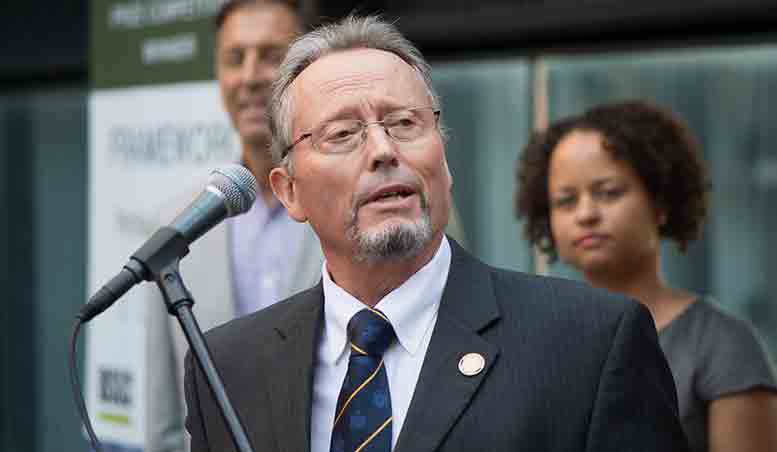The U.S. Department of Agriculture (USDA) has approved New York’s industrial hemp program, putting control under the state’s Department of Agriculture and Markets.
USDA approval means the state program meets final rules under the 2018 Farm Bill, which legalized hemp federally. It allows the state to continue to administer hemp grower licensing following the closure of the Industrial Hemp Agricultural Research Pilot Program at the end of 2021.
The new program started Jan. 1, 2022.
“Under this new plan, our growers will have stability and consistency in regulations moving forward, with continued guidance and support from the Department,” Richard A. Ball the New York State Department of Agriculture and Markets Commissioner, said in a statement.
Growers must reapply
New York launched its hemp pilot program in 2015 under a previous U.S. Farm Bill. The state said the program licensed 800 growers and registered roughly 30,000 acres for growing industrial hemp through the six years it ran.
To grow hemp in 2022, growers who were licensed under the state pilot must now reapply under the new USDA-sanctioned state program. Applicants are required to complete an FBI Identity History Summary Check, which must be submitted with the license application.
New York agriculture officials had pushed back against some rules in the federal program during negotiations with the USDA in 2020, putting the state’s pilot program on hold. At the time, Ball complained of overly-strict rules regarding the scope and timing of THC sampling and testing, the disposal of non-compliant plants, and reporting requirements in the federal regulations.
The New York state pilot was eventually extended through 2021 to give states more time to organize their hemp programs.
Some states opted out
The 2018 Farm Bill allows states and tribal nations to set their own licensing and regulatory schemes for hemp production as long as their programs are in compliance with USDA regulations.
Some states have decided not to establish hemp programs, leaving farmers to work directly under the USDA’s federal rules. Wisconsin, for example, abandoned plans for a state-run program after state funding was discontinued. Officials said the state could not manage its own program under USDA requirements.
Hawaii, Mississippi, New Hampshire and North Carolina, and several Native American tribes have also opted for direct federal oversight.

